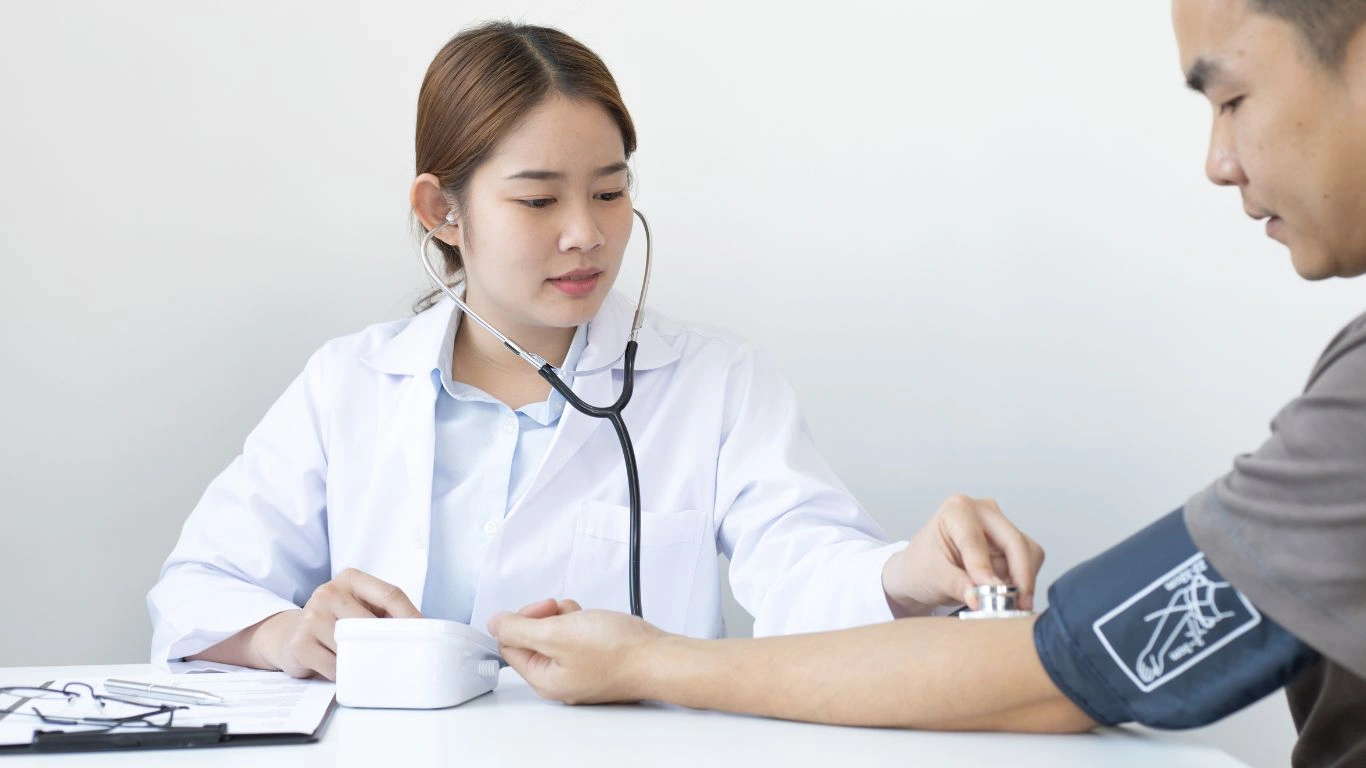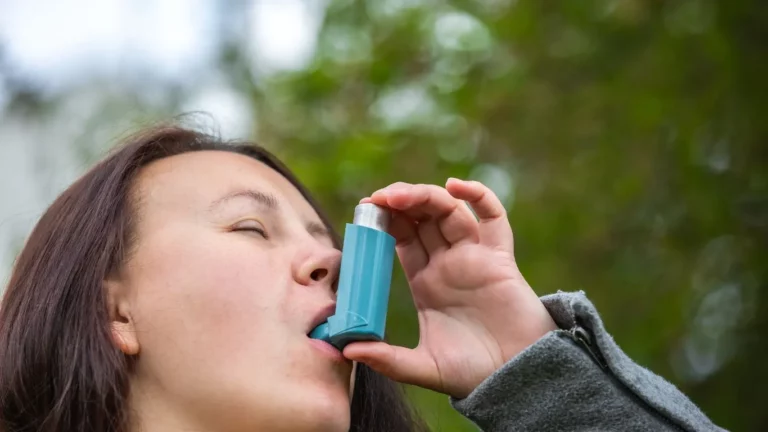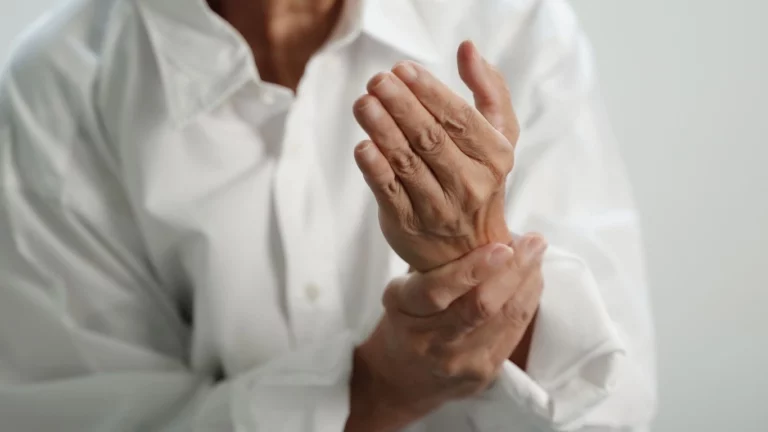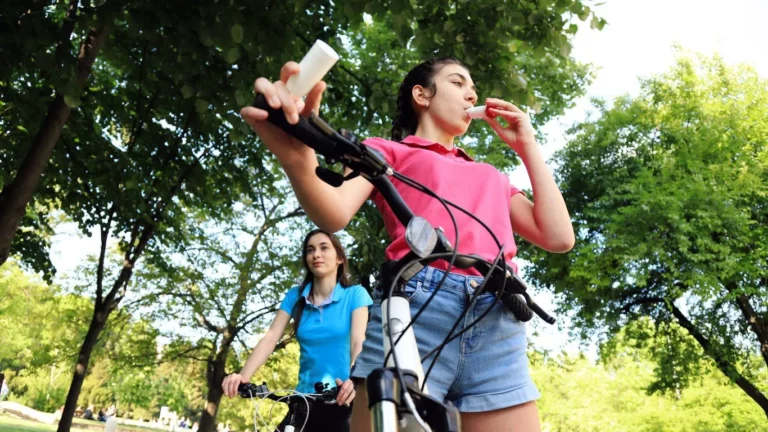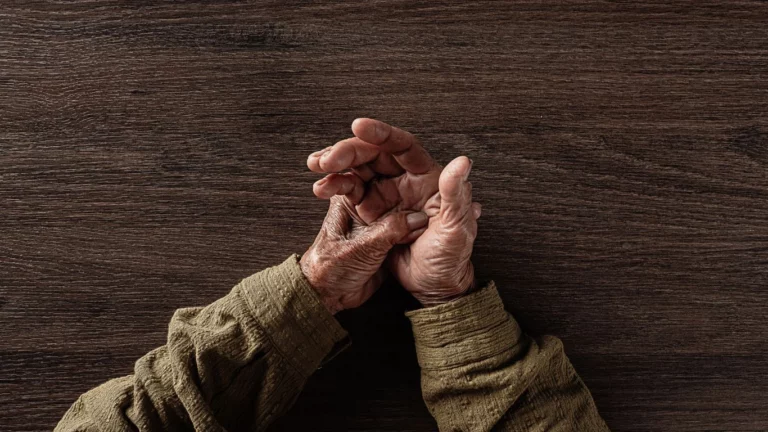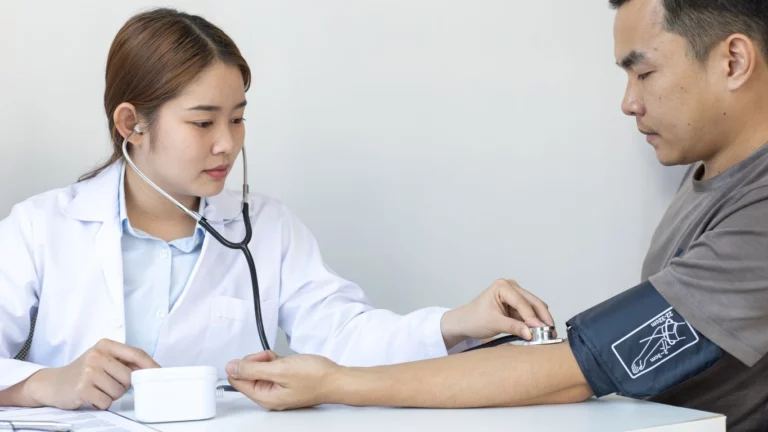How Dehydration Triggers High Blood Pressure: The Silent Danger
It’s wild how often I’ve seen patients walk into my clinic—blood pressure numbers through the roof—and yet, when we dig into the details, they’re not on a salt binge, not missing meds, not overly stressed… they’re just plain dehydrated. Yep, you read that right. Turns out, how dehydration triggers high blood pressure is something most folks don’t think about, but as an internal medicine physician who deals with hypertension day in and day out, I can tell you it’s a sneaky but real cause. It’s not just about not drinking enough water—it’s about how that impacts your entire cardiovascular system. So, let’s get into it.
How Dehydration Impacts Your Circulatory System
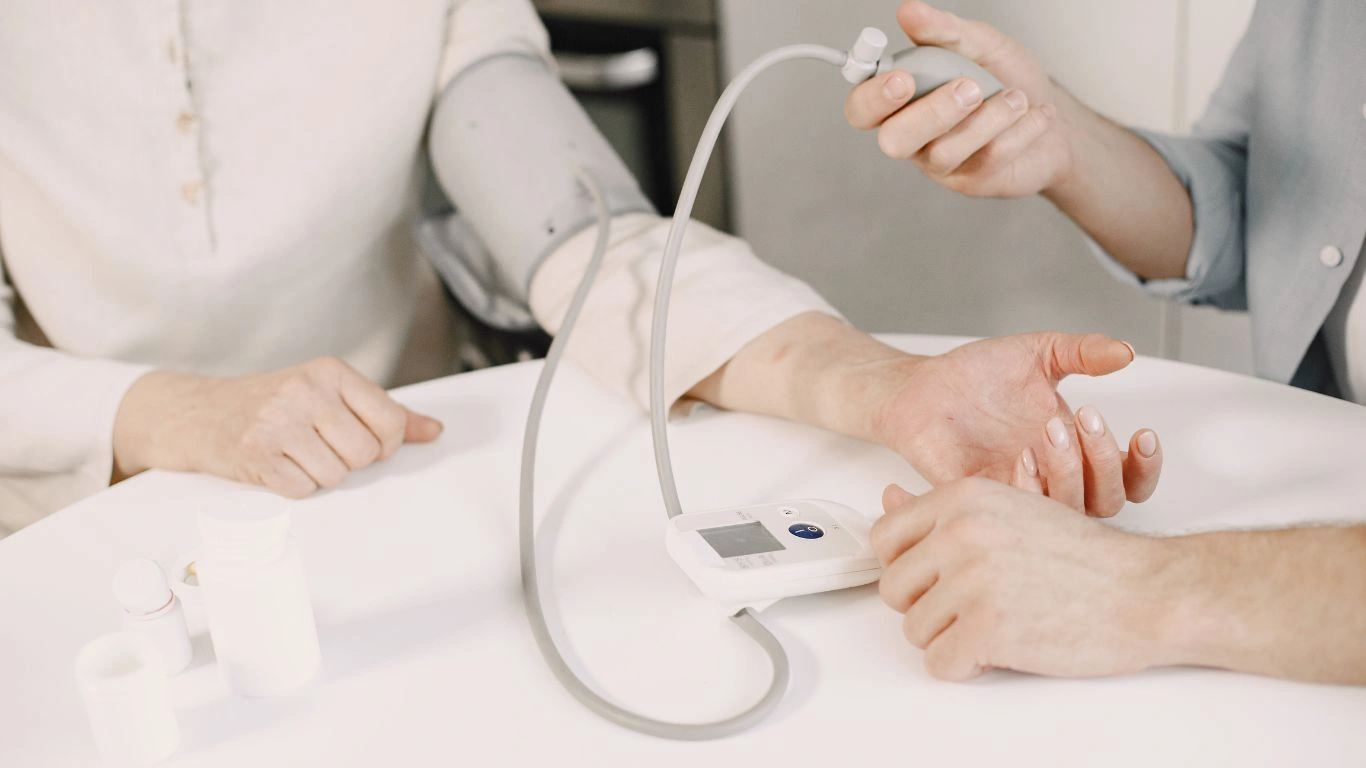
Less Fluid = Less Volume
Let’s start with the basics. When you’re dehydrated, the volume of blood circulating through your body drops. Your blood becomes a little thicker and more concentrated. That triggers your body’s defense mechanisms. Your kidneys start conserving sodium and water. Your blood vessels constrict. And what happens when those vessels narrow? Yep—your blood pressure goes up.
Think of your circulatory system like a garden hose. If the water pressure is steady but the hose narrows, that water shoots out faster and harder. Same idea here. It’s physiology 101, but so many people overlook how chronic low fluid intake quietly raises baseline pressure over time.
The Role of Vasopressin
Here’s where it gets a little more medical. When you’re dehydrated, your pituitary gland releases a hormone called vasopressin (a.k.a. antidiuretic hormone). This hormone tells your kidneys to hold on to water, but it also causes your blood vessels to constrict. Again—narrower vessels = higher pressure. It’s like your body is trying to pressurize what little fluid is left to keep vital organs happy. Unfortunately, your arteries pay the price.
Why Dehydration Is an Overlooked Trigger in Hypertension

Patients Don’t Realize They’re Dehydrated
Honestly, most of my patients don’t even realize they’re dehydrated. Especially older adults. As we age, our sense of thirst dulls out. So they’re sipping coffee all day, maybe a glass of water at lunch, and they think that’s enough. But by the time thirst kicks in, dehydration’s already impacting their blood pressure. I’ve had folks come in with dizziness, headaches, or fatigue—classic signs—and it’s all just from not drinking enough.
Everyday Habits That Dry Us Out
It’s not just about forgetting to drink water. Here are some sneaky ways we dehydrate ourselves daily:
- High caffeine intake: Coffee and tea act as mild diuretics.
- Salty foods: That processed lunch meat or ramen? Salt pulls water into the gut and out of circulation.
- Diuretics and meds: Many hypertension meds themselves (like thiazides) cause fluid loss.
- Skipping meals: Food contributes to fluid intake, especially fruits and veggies.
- Hot weather or exercise: Sweat it out without replacing it, and you’re in trouble.
All of this adds up, especially for folks already managing high blood pressure. Staying even mildly dehydrated can keep BP numbers artificially elevated, which makes it harder to assess whether medication is truly working or not.
Signs You May Be Dehydrated and It’s Affecting Your BP
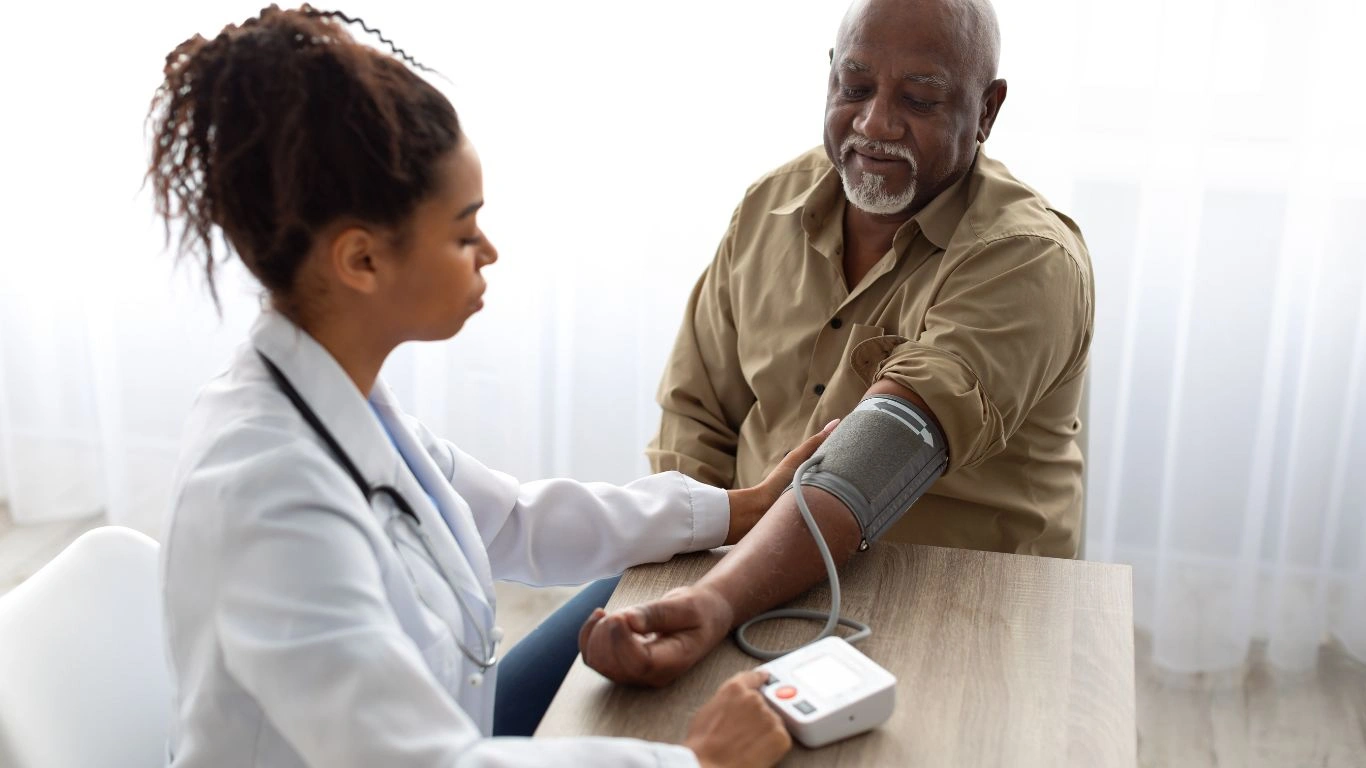
Warning Signs I See in My Practice
Sometimes, I can spot a dehydrated patient the moment they sit down. Dry mouth, sunken eyes, low skin turgor—all classic signs. But others are more subtle. Here’s what to watch out for:
- Morning blood pressure spikes: Overnight dehydration is common, and pressure peaks as a result.
- Muscle cramps or lightheadedness: Electrolyte imbalances caused by fluid loss can interfere with BP control.
- Fatigue despite enough sleep: Poor circulation from low volume means less oxygen to muscles and brain.
- Low urine output or dark yellow urine: Obvious but often ignored indicator.
If any of these sound familiar and you’re on meds for hypertension, dehydration could be the hidden culprit throwing things off. I’ve seen blood pressures drop dramatically just from proper hydration. It’s one of those lifestyle tweaks that seems too simple to be true—but it’s real.
How Hydration Supports Healthy Blood Pressure Regulation
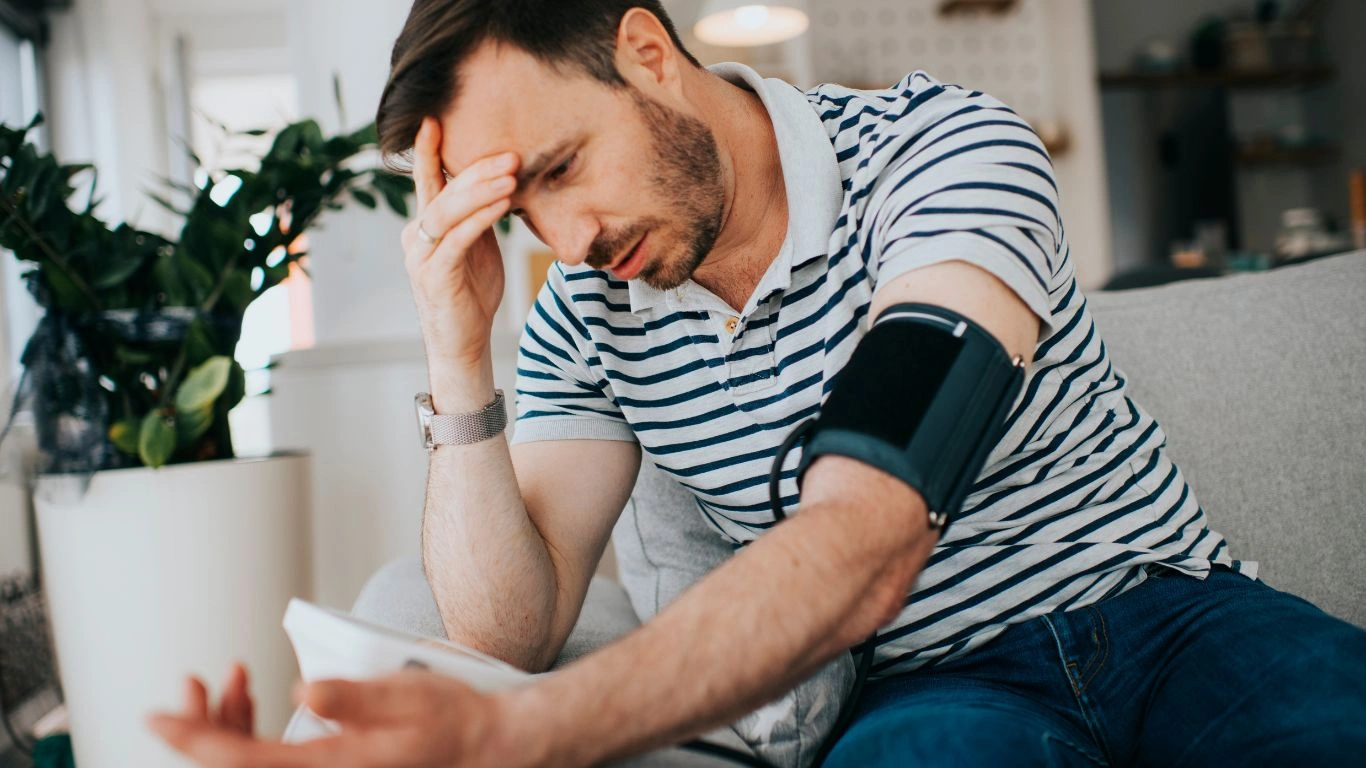
Water as a Natural Volume Expander
Here’s something I always tell my patients during routine hypertension checkups—water is the cheapest blood pressure medicine out there. Why? Because staying hydrated helps maintain proper blood volume. That alone reduces the burden on the heart and the vascular system. When your blood volume is where it should be, your body doesn’t have to kick in stress hormones or constrict vessels to keep your organs perfused.
In a well-hydrated state, your blood flows more freely, your vessels relax, and your heart doesn’t have to work overtime. It’s like giving your cardiovascular system a break. That’s especially helpful for folks on medications like beta-blockers or ACE inhibitors. Hydration can enhance their effectiveness by preventing those dehydration-induced pressure spikes that muddy the clinical picture.
The Electrolyte Piece of the Puzzle
Now, we can’t talk hydration without mentioning electrolytes. It’s not just about chugging water—balanced hydration means getting enough sodium, potassium, magnesium, and calcium to keep your cells communicating properly. I’ve had a few cases where patients went all-in on hydration (yay!) but forgot to replenish electrolytes, especially after intense exercise or during summer heatwaves. What happened? They ended up dizzy, lightheaded, and yes—still hypertensive.
Potassium in particular is key. It helps counteract the effects of sodium and reduces tension in the blood vessel walls. Foods like bananas, spinach, sweet potatoes, and avocados are your friends here. I often recommend a potassium-rich diet to patients dealing with mild to moderate hypertension—it’s a game changer when paired with proper hydration.
Who’s Most at Risk for Dehydration-Induced Hypertension?
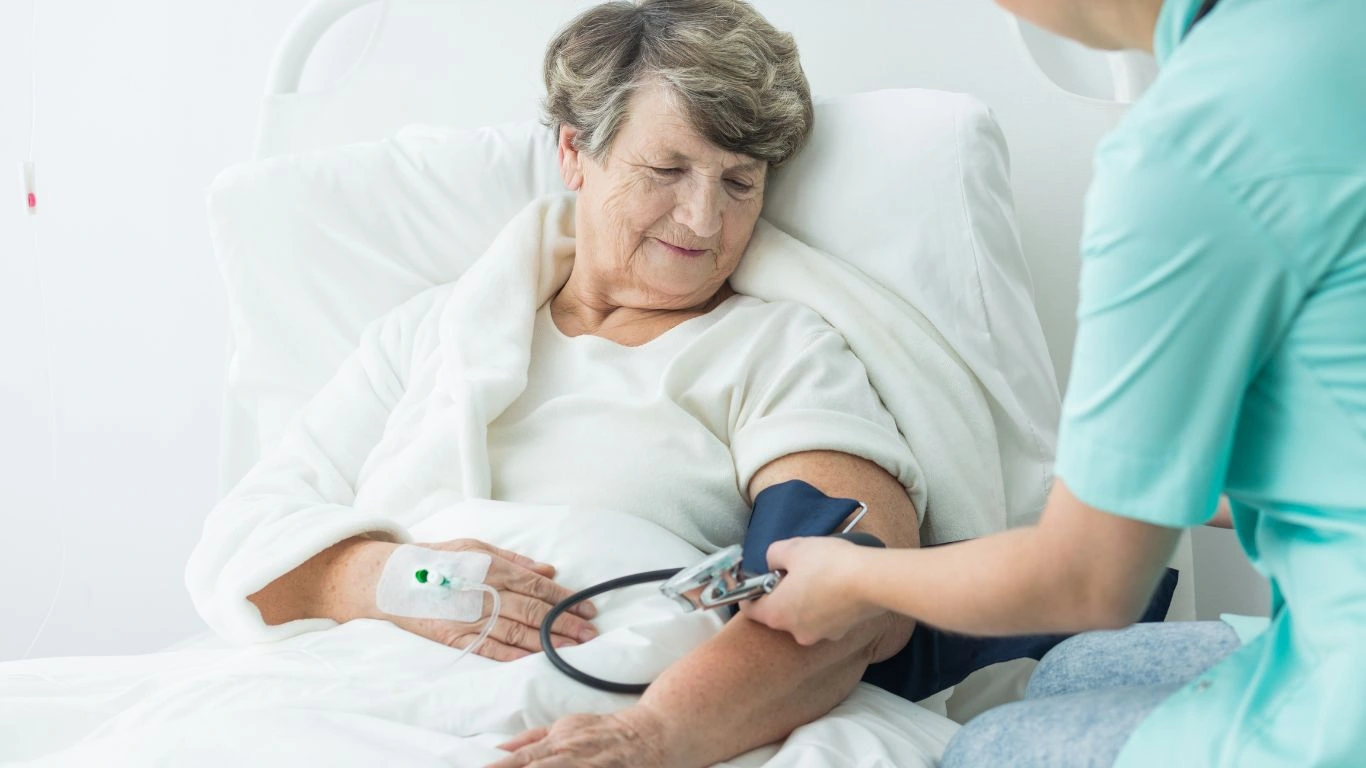
Older Adults
This one hits home for me. So many of my elderly patients don’t feel thirsty, and they’re often on multiple medications that increase fluid loss. Diuretics, laxatives, antihypertensives—it’s a recipe for chronic, low-level dehydration. Add in mobility issues or cognitive impairment, and you’ve got a real challenge on your hands.
I make it a point to ask every senior patient about their daily fluid intake. Sometimes just having them keep a water log for a week reveals how little they’re drinking. And believe it or not, just nudging hydration up by a glass or two can lower systolic readings by 5–10 points. That’s real progress, without adjusting meds.
People with Physically Demanding Jobs
I also see this a lot in patients who work outdoors or in active professions—construction workers, landscapers, fitness coaches. They’re sweating all day, sometimes not stopping to hydrate properly, and then wondering why they feel lightheaded or get headaches by mid-afternoon. It’s not always heat exhaustion—it’s often dehydration-induced pressure elevation.
- High sweat loss = lower plasma volume
- Increased vascular resistance = higher blood pressure
- Delayed hydration = prolonged stress on the heart
If this sounds like you, make hydration breaks part of your routine—not just when you’re thirsty. And yes, electrolyte drinks are your friend here, especially in the summer.
Daily Habits That Can Help Keep Your BP in Check
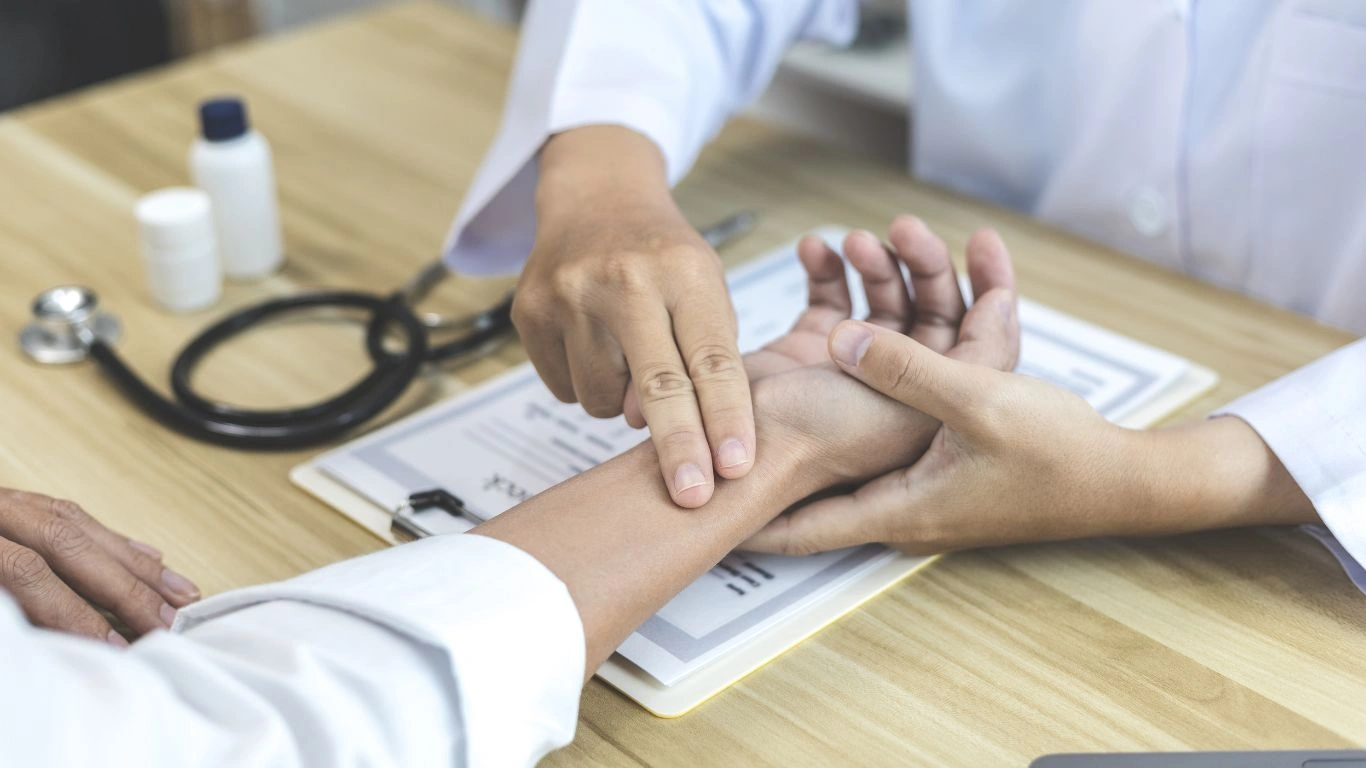
My Personal Go-To Tips
Over the years, I’ve developed a short list of hydration hacks I recommend to just about every hypertensive patient I see. They’re practical, easy to implement, and honestly, they just make sense.
- Start your day with water: Before coffee, before breakfast—get a glass of water in first thing. Your body wakes up mildly dehydrated every morning.
- Carry a water bottle everywhere: Yes, it sounds basic, but the patients who carry one are the ones who stay consistent.
- Add a pinch of sea salt or electrolyte drops to one bottle per day: Especially important if you’re on diuretics or live in a hot climate.
- Eat your hydration: Cucumbers, watermelon, oranges, and leafy greens are all high in water content and rich in minerals that support heart health.
- Use reminders: Set a phone alarm or download a hydration app if you’re forgetful (we all are sometimes).
It’s not about being perfect—it’s about being aware. I’ve seen folks dramatically improve their blood pressure control with just these tiny changes. And as someone who’s spent years trying to keep people off extra meds, trust me when I say: this stuff works.
When to Talk to Your Doctor
If you’re on blood pressure medications and thinking of increasing your water intake significantly, have a quick conversation with your doctor first. In rare cases—especially for those with heart failure or kidney disease—too much fluid can be a problem. But for most people, a little more hydration = a lot more blood pressure stability.
As a physician, I always look for the low-hanging fruit—small, sustainable changes that don’t require a pharmacy visit. Hydration is one of those golden opportunities. Easy to implement, often overlooked, and incredibly effective.
When Hydration Alone Isn’t Enough
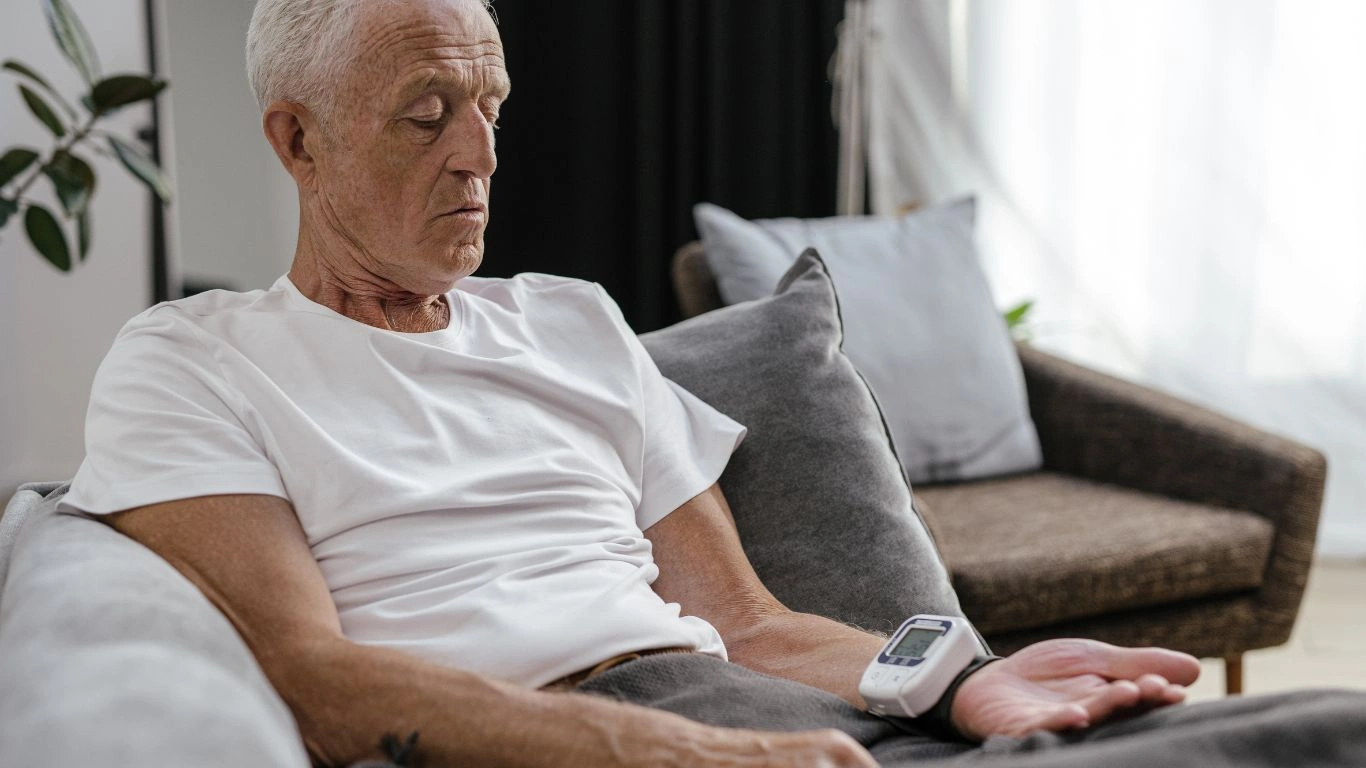
Hydration Helps, But It’s Not a Magic Wand
Let me be clear—while understanding how dehydration triggers high blood pressure is a powerful tool, hydration isn’t a one-size-fits-all solution. I’ve had patients who made big improvements by simply drinking more water, but others needed more comprehensive interventions. And that’s okay. Hydration is just one piece of a larger puzzle.
If you’re eating a super salty diet, stressed to the max, or skipping out on exercise, no amount of water is going to completely fix your blood pressure. The key is integrating hydration into a bigger lifestyle plan. Honestly, it’s about teamwork—your body, your habits, and your healthcare team all working together.
When It’s Time to Dig Deeper
If you’ve upped your hydration game and your blood pressure is still consistently high, don’t assume you’re doing something wrong. Sometimes there are deeper issues at play—hormonal imbalances, kidney dysfunction, medication interactions, or undiagnosed sleep apnea (a big one that gets missed!).
I’ve worked with plenty of patients who did everything right on paper and still needed medication. That doesn’t mean they failed. It means we’re tailoring the plan to their specific physiology, which is the very heart of personalized medicine. So, yes—drink your water. But also keep that communication open with your doctor.
Tips for Staying Consistently Hydrated—Even on Busy Days
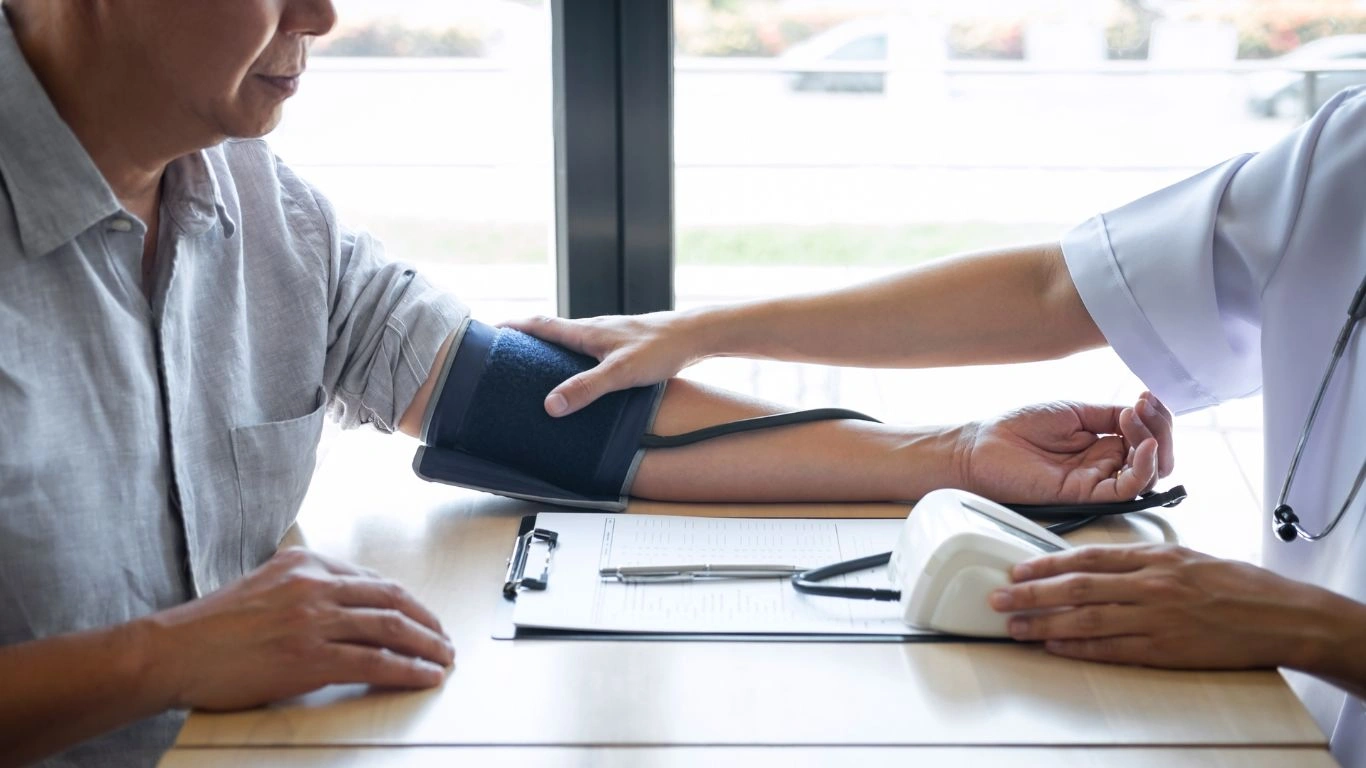
Real-Life Strategies from My Patients (and Me)
Let’s be honest, life is chaotic sometimes. Between work, errands, parenting, and trying to get to bed before midnight, it’s easy to forget the basics. So here are a few no-nonsense tips that have worked not just for my patients, but for me too. No fluff, just real-life stuff:
- Flavored water infusions: Add a few slices of cucumber, lemon, or mint to your water bottle. It’s oddly motivating.
- Link it to another habit: Drink water every time you check your phone, answer an email, or finish a task at work.
- Hydrate before meals: A glass before you eat helps with digestion and fills the hydration gap.
- Set your environment up: Keep bottles in your car, at your desk, by the bed. Out of sight = out of mind.
- Try a hydration tracking app: Not into tech? Even a sticky note tally system can work wonders.
It’s less about volume and more about consistency. I tell folks all the time—it’s better to sip throughout the day than to chug a gallon all at once and flush it all out. Your body likes rhythm.
Hydration + Awareness = Blood Pressure Control
A Little More Water, a Lot More Control
As someone who manages hypertension cases daily, I can’t stress this enough: don’t underestimate the impact of proper hydration on your blood pressure. It’s not just about avoiding dehydration—it’s about supporting your body’s natural processes so that your heart and blood vessels aren’t constantly playing catch-up.
What I’ve learned over the years—both as a physician and as a person—is that the simplest habits often create the biggest changes. I’ve seen patients go from being on the edge of a second or third BP med to stabilizing their numbers just by committing to better hydration, a more balanced diet, and stress reduction techniques. No extremes, just real-life, doable changes.
So the next time your blood pressure reads a little high, don’t panic. Check your habits. Look at your fluid intake. Think about that week of travel or stress. Maybe you’ve been more dehydrated than you realized.
Trusted Resources to Learn More
For those who want to dive deeper into the science of hydration and blood pressure regulation, I always recommend starting with a few reputable sources:
- NIH – Fantastic for evidence-based research and clinical guidelines.
- Health.com – Great for approachable articles on hydration and lifestyle strategies.
- Mayo Clinic – A solid go-to for both patients and professionals.
- CDC – Useful for public health guidance on nutrition and chronic disease prevention.
Final Thoughts from the Exam Room
If there’s one message I hope you take away from this, it’s this: stay curious about your health. Ask questions. Be proactive. And yes, drink your water—not because it’s trendy, but because your cardiovascular system literally depends on it.
As an internist, I’ve come to respect the incredible influence small daily habits have on long-term outcomes. Hydration may not be the flashiest topic in medicine, but when it comes to blood pressure control, it’s a game-changer hiding in plain sight.
Disclaimer: This article is for informational purposes only and does not substitute for professional medical advice. Always consult your physician or qualified health provider with any questions you may have regarding a medical condition.

Dr. Gwenna Aazee is a board-certified Internal Medicine Physician with a special focus on hypertension management, chronic disease prevention, and patient education. With years of experience in both clinical practice and medical writing, she’s passionate about turning evidence-based medicine into accessible, actionable advice. Through her work at Healthusias.com, Dr. Aazee empowers readers to take charge of their health with confidence and clarity. Off the clock, she enjoys deep dives into nutrition research, long walks with her rescue pup, and simplifying medical jargon one article at a time.

